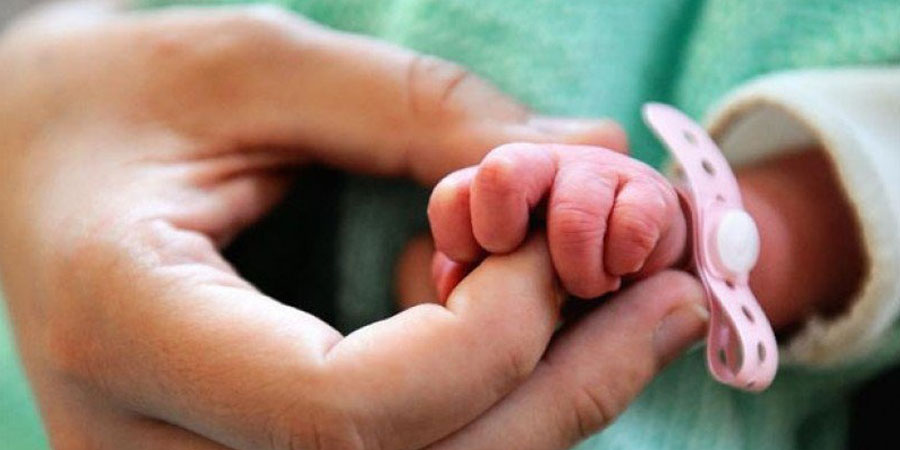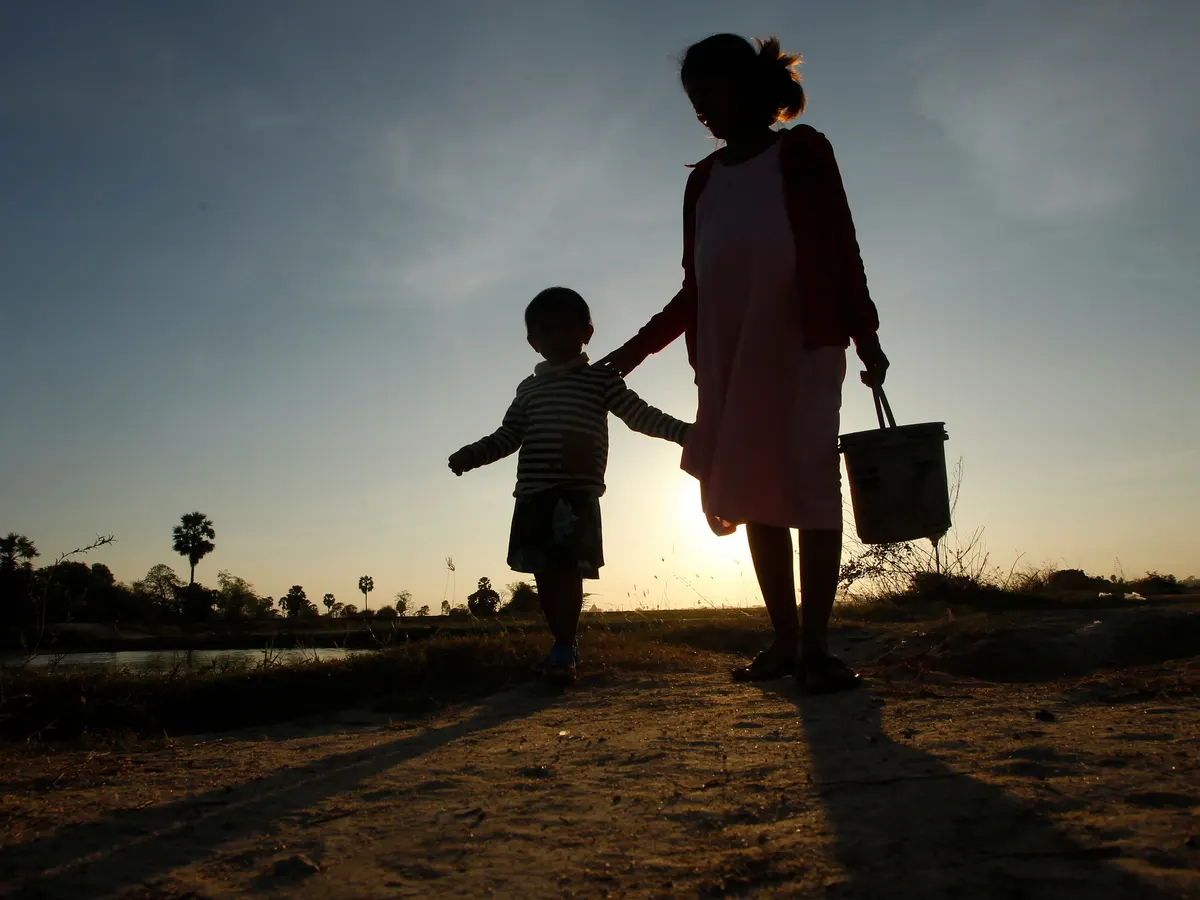In case you are planning to proceed with surrogacy in Cambodia in the near future, there are few things you need to be aware of beforehand. The Ministries of Health and Justice in Cambodia have banned surrogacy as of November 2016. So, surrogacy stands as prohibited in that nation due to legislative changes, and local government actions have made it clear that the ban will be taken seriously.
What led to such prohibition of surrogacy in Cambodia?
Following Thailand’s ban on international surrogacy, Cambodian authorities encountered a sudden influx of Western couples looking for inexpensive surrogates. The absence of surrogacy laws in Cambodia made infertility treatment both widely accessible and dangerous.
In 2016, the Health Ministry declared that Cambodia’s gestational surrogacy practice would be subject to the Law on the Regulation of Donation and Adaption of Human Cells, Tissues, and Organs, which prohibits the commercial donation of human organs. This ruling effectively outlawed surrogacy in Cambodia.
Understanding the complexity of surrogacy laws in Cambodia
The Cambodian Ministry of Justice published a “Prakas” in November 2016 declaring that embryo transfers for surrogacy via Cambodia surrogacy clinics are now illegal in that nation. “Surrogacy, one of a set of services to have a baby by Assisted Reproductive Technology, is completely banned,” is the exact phrase used. The Prakas’s one line was both succinct and ambiguous. but it has essentially put an end to Western couples using gestational surrogacy in Cambodia.
Legal authorities in Cambodia concur that the current prohibition does not constitute a formal surrogacy law. Despite the lack of any specific laws or a legal framework, the Cambodian Justice Ministry has unilaterally decided to stop all surrogacy procedures, be it the ones practiced individually or via surrogacy clinic in Cambodia. There is no need for a specific law in Cambodia for the government to retaliate harshly against service providers and parents who it believes are working against the interests of the nation.
Other ART and infertility treatments that might be related to surrogacy were deliberately left out of the Health Ministry’s announcement. For instance, IVF procedures might go as scheduled, oocytes could be imported or exported from the nation, and embryos could be created and sent to different facilities. Only the embryo transfer process is forbidden when a surrogate is the recipient. Nevertheless, there aren’t many IVF facilities that publicly perform IVF operations for foreign couples as a result of surrogacy arrests and Justice Ministry threats against clinics and agents.
Why everyone opposing this decision?
The Health Ministry’s ban has also come under fire for not having adequate bureaucratic support or enforcement. In essence, it says that surrogacy is prohibited in Cambodia, but it doesn’t specify how this prohibition would be implemented or how it will be enforced. In the upcoming year, new surrogacy legislation in Cambodia is anticipated to include those specifics. We may now presume that the legislation will codify the ban and establish explicit restrictions and punishments, whereas a law has previously been the subject of conjecture.
To address Cambodia surrogacy clinics, the government is preparing legislation explicitly on the subject. The government will soon receive a report from the ministries outlining the benefits and drawbacks of surrogacy, the minister of women’s affairs stated in August 2016. But according to people with ties to the Health Ministry, that legislation was not anticipated for at least six months.
The surrogacy legislation was also verified earlier this year by the Cambodian Minister of Health. According to the Phnom Penh Post, “Up until now, we haven’t had a law to prohibit or regulate surrogacy, and we are working with the Ministry of Justice to control the industry to avoid complications.”
We anticipate new administrative procedures to ensure that surrogacy process in Cambodia may be legalized in future and all the child seeking couples maybe able to pursue surrogacy in this part of the planet.




